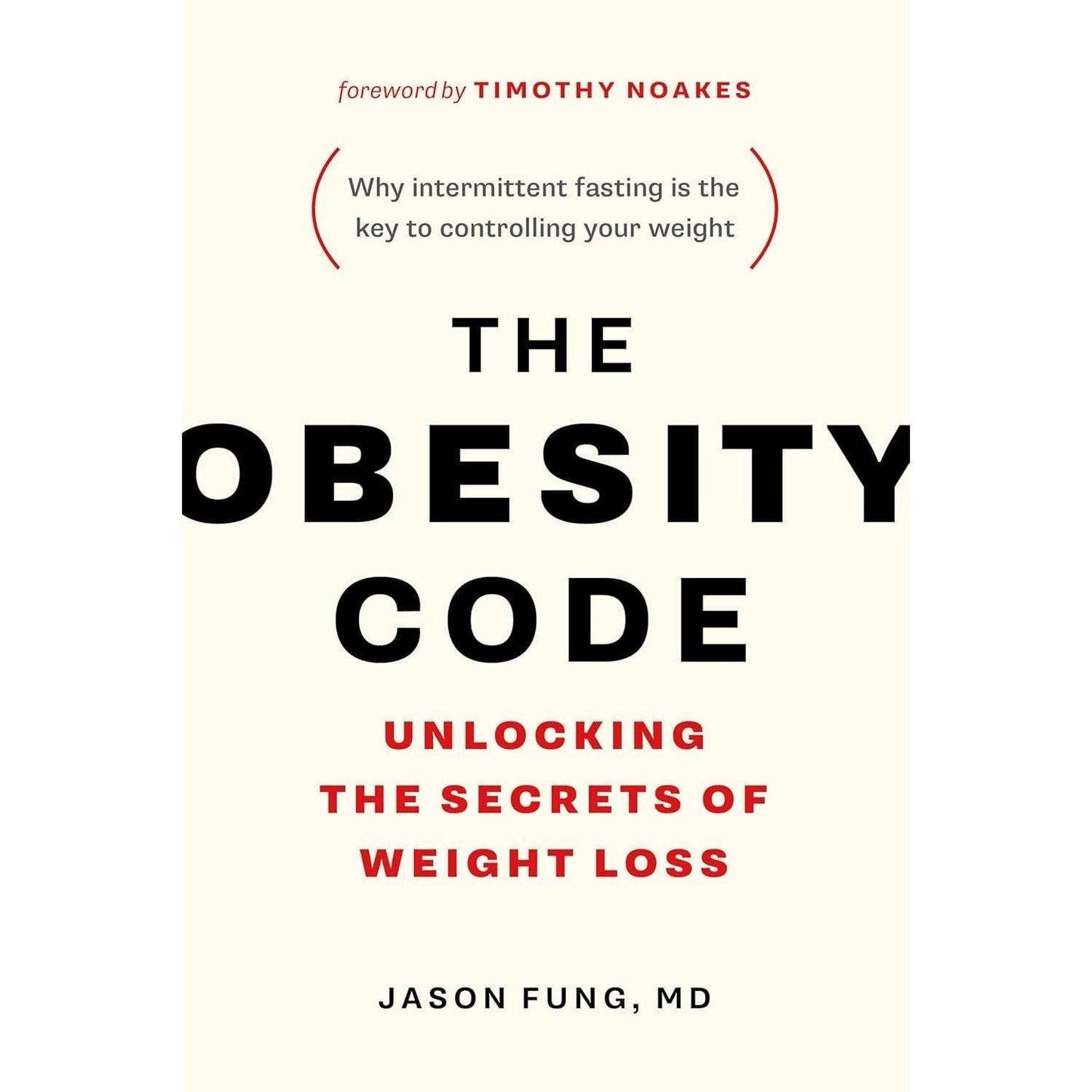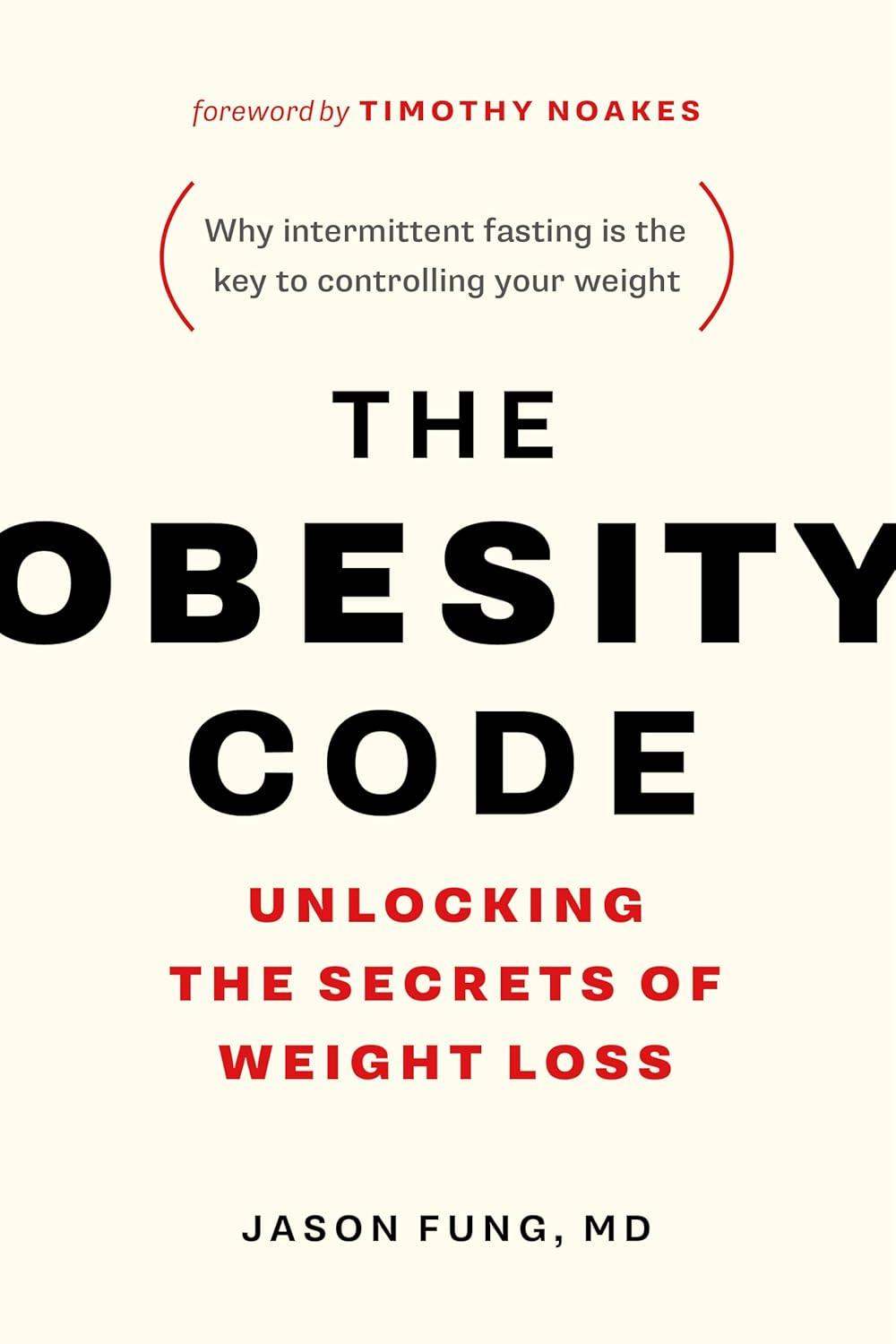The Obesity Code: Unlocking the Secrets of Weight Loss
The Obesity Code: Unlocking the Secrets of Weight Loss
4.6 / 5.0
(37027) 37027 reseñas totales
No se pudo cargar la disponibilidad de retiro
A Paradigm Shift on Weight Loss – In The Obesity Code, Dr. Jason Fung challenges conventional dieting wisdom by focusing on the pivotal role of insulin resistance in obesity. Instead of prescribing endless calorie-counting or over-exercising, he explains how understanding key hormonal triggers—particularly insulin—can lead to sustained, effortless weight loss.
Intermittent Fasting for Lasting Results – Dr. Fung introduces a range of flexible fasting protocols that help break the cycle of insulin resistance. Through real science and practical steps, readers discover how to use fasting to reboot their metabolism, burn fat more effectively, and maintain a healthy weight—without the yo-yo effect of restrictive diets.
Simple, Eye-Opening Science – Written in easy-to-grasp language, the book references numerous clinical studies and real-world cases. With five core steps to regulate insulin and tips for adjusting meals around fasting, Dr. Fung equips anyone to create a personalized plan that seamlessly fits into everyday life.
What Customers Say – Readers frequently call this book a life-changer, applauding its accessible explanations and backed-by-research approach. Many report significant fat loss—up to 26 pounds—and love how it helps them take control of their health. While some find it an engaging read worth the price, others consider the topic somewhat dry. Nonetheless, the majority see it as an empowering guide for long-term weight management.
- Author: Dr. Jason Fung
- Pages: 296 (Paperback)
- Publisher: Greystone Books (March 1, 2016)
- ISBN-13: 978-1771641258
- Language: English
- Dimensions: 5.9 x 1.2 x 8.9 inches
- Main Focus: Insulin resistance, intermittent fasting, weight loss science
Compartir


Product Disclaimer: The products sold on this website are not intended to diagnose, treat, cure, or prevent any disease. Consult your physician before using any supplement, especially if you are pregnant, nursing, have a medical condition, or are taking medication. Individual results may vary. The statements on this site have not been evaluated by the Food and Drug Administration (FDA). Use at your own discretion.

